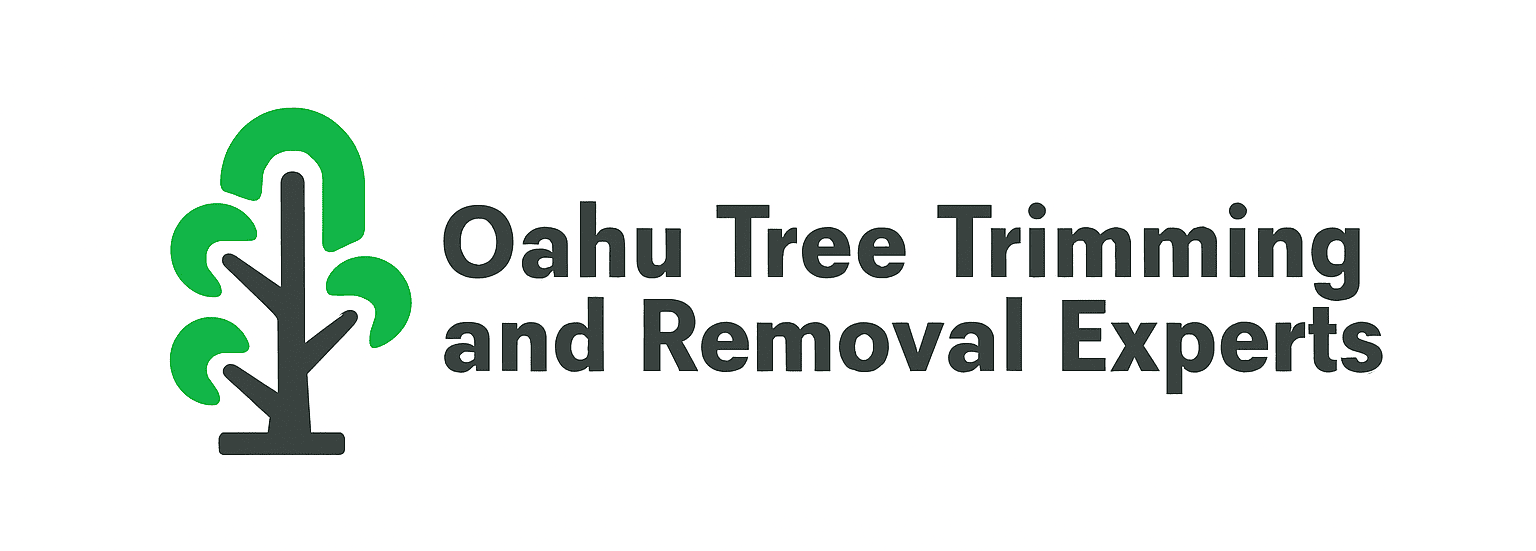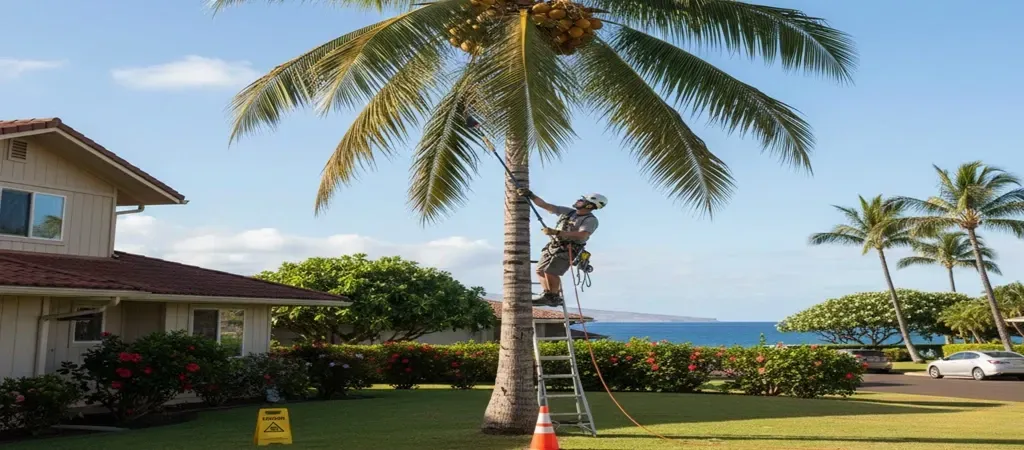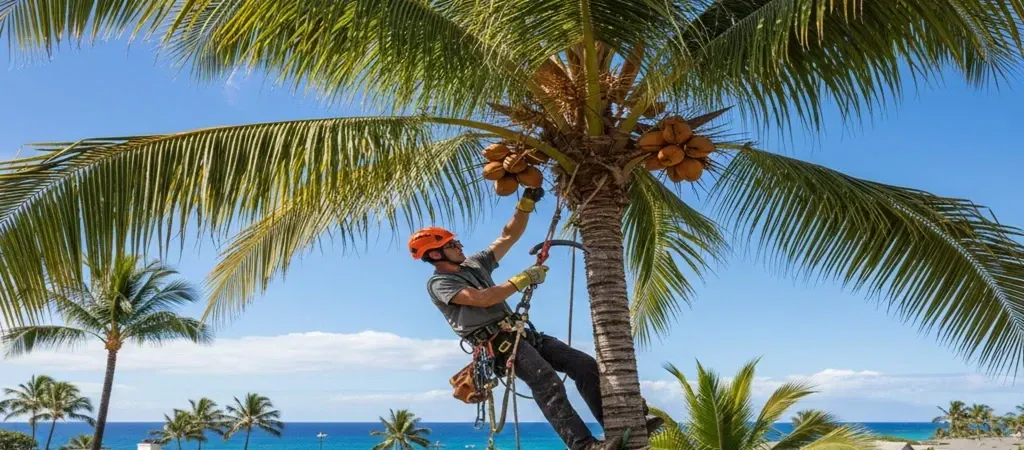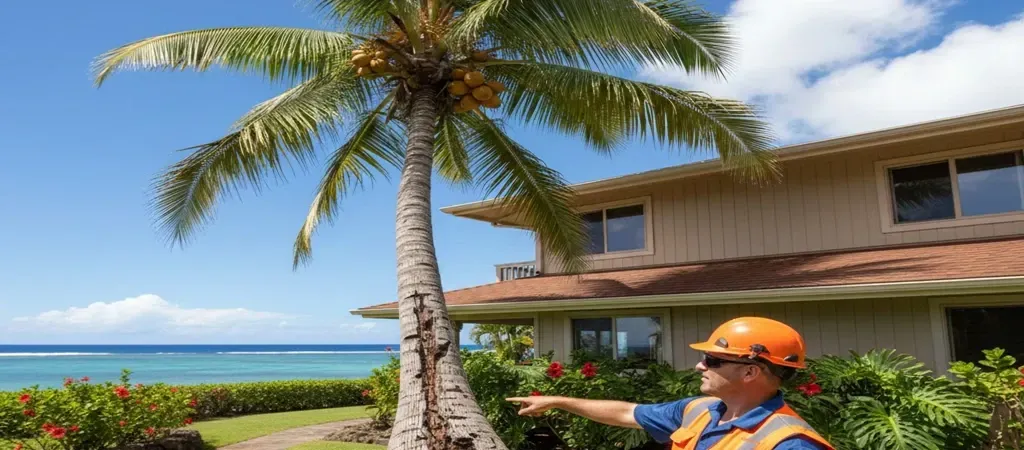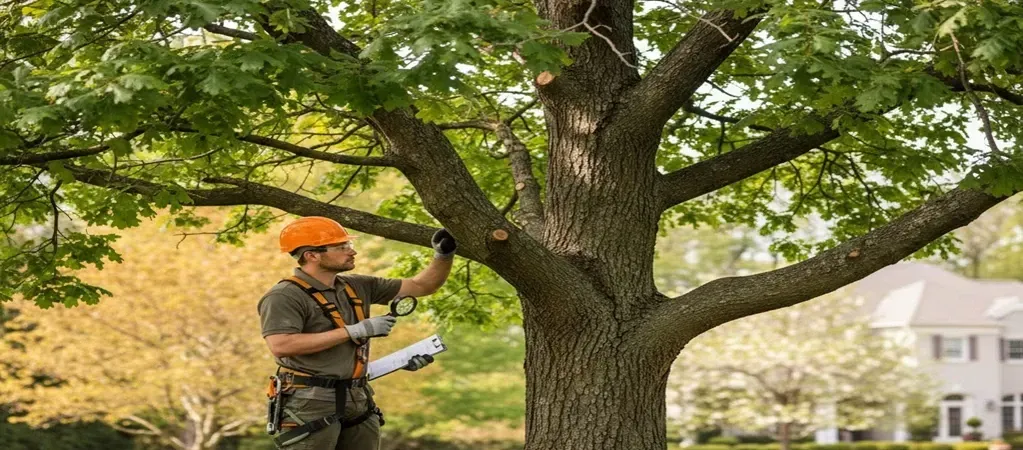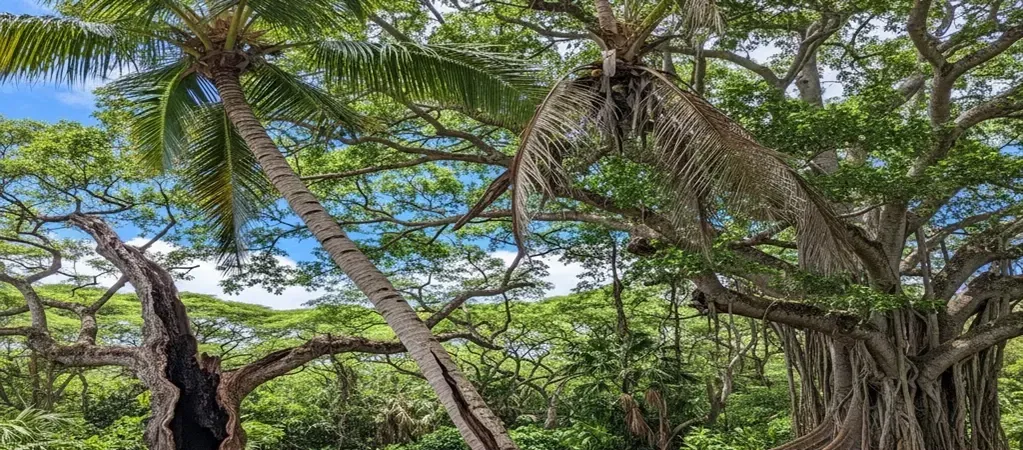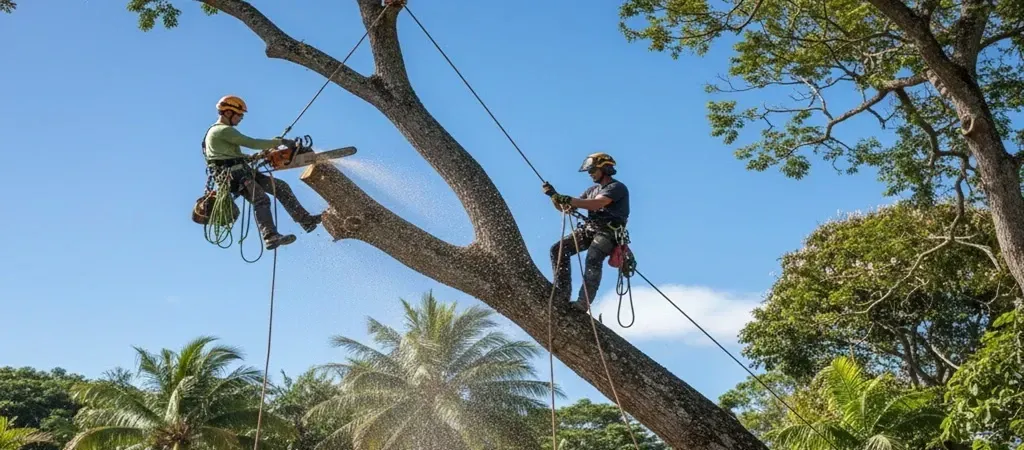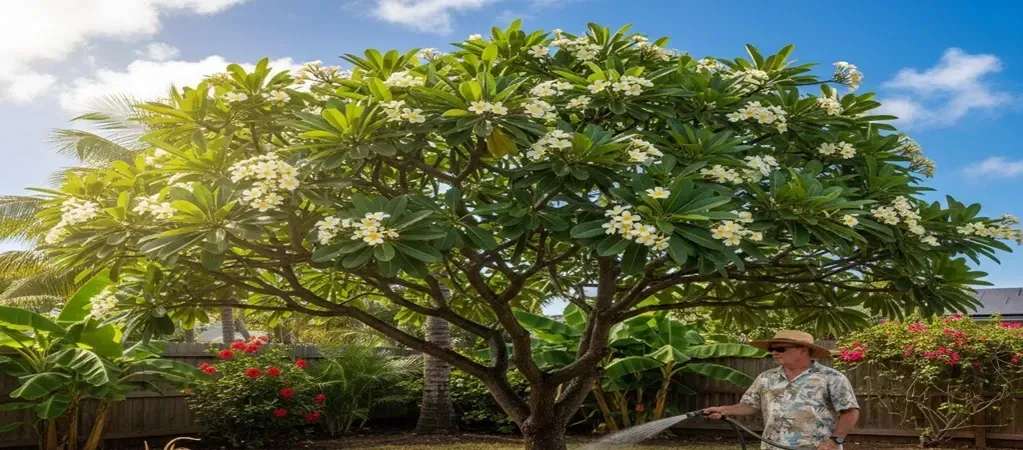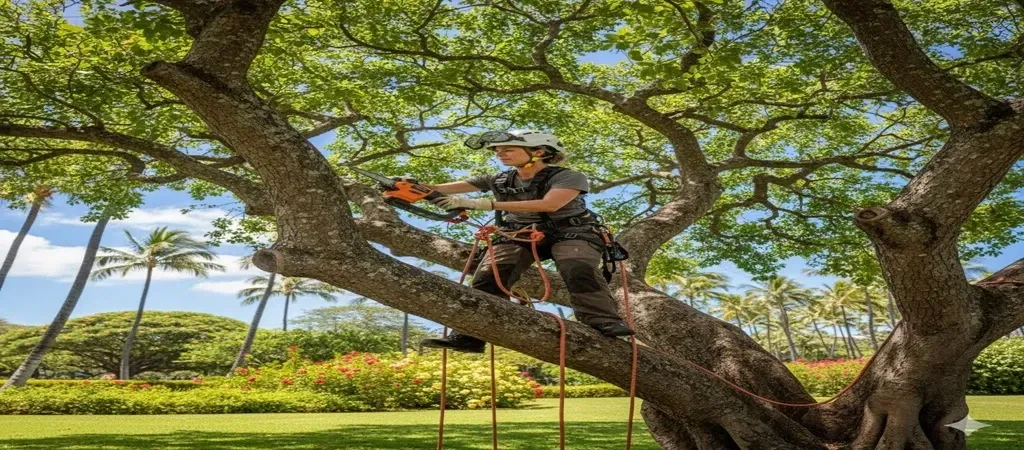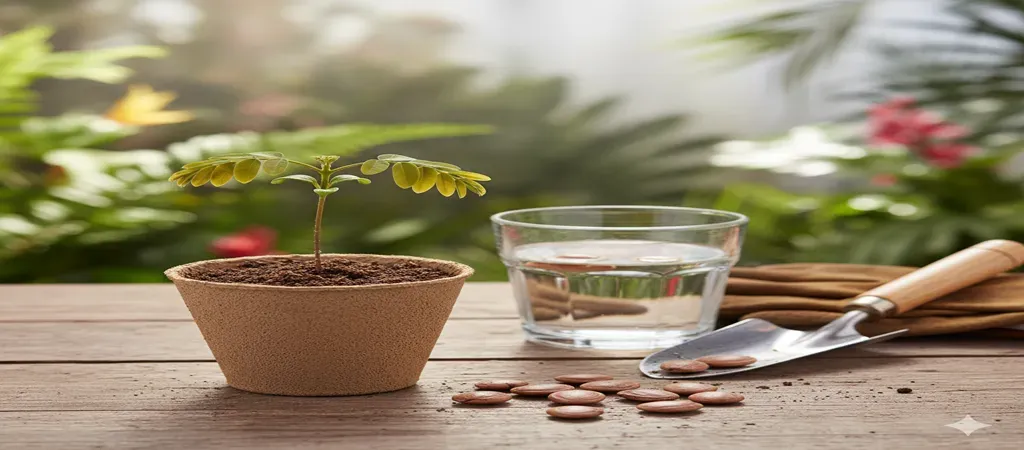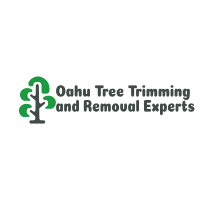Lessons from Certified Arborists: Smarter and Safer Tree Pruning Practices in Oahu
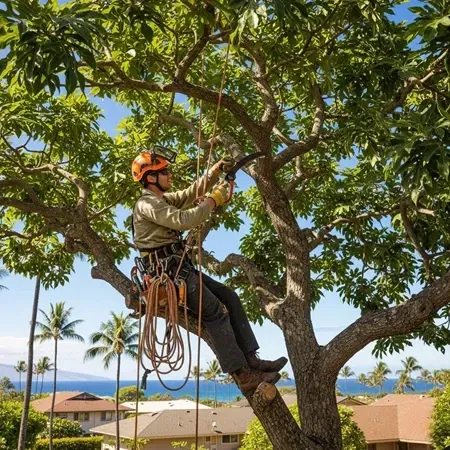
Tree pruning is probably one of the most misunderstood parts of landscape care in Oahu. Many people think it’s simply about shaping trees or cutting away unwanted branches. But in reality, there’s science behind it. Pruning is a technical process that affects safety, property protection, and long-term tree health. Following certified arborist practices is even more crucial, especially in a tropical environment like Hawaii, where humidity, storms, and rapid growth are constant, to keep trees both safe and strong.
Pruning for Structure and Stability
Certified arborists begin by looking at how a tree is built. They study the branch unions, trunk connections, and growth direction to decide where pruning is needed. This approach prevents weak points and breakage later on.
For example, many large trees in Hawaii often grow heavy crowns that can split under strong winds. Correct structural pruning in the early stages keeps the tree balanced and resilient.
Luke, an arborist with years of field experience in Oahu, explains that pruning should reinforce the natural strength of a tree, not fight against it. A well-pruned tree can handle tropical storms far better than one that has been cut randomly.
Every cut made during pruning affects how a tree grows and survives. See how professional arborists in Oahu use proven methods to promote healthy growth and prevent lasting damage.
Timing Makes All the Difference
Oahu’s climate allows trees to grow year-round, but that doesn’t mean pruning can happen at any time. Professional arborists plan their schedules around growth patterns, rainfall, and stress cycles. They often recommend light trimming every few months instead of heavy pruning once a year.
This approach reduces the chance of disease, especially in humid environments where open wounds can attract fungi or pests. Regular care keeps the canopy open and airy while minimizing the shock to the tree.
Hawaii’s trees respond to the rhythm of sun and rain. Explore how seasonal timing affects trimming and growth to keep your landscape lush and well-balanced.
Safety Always Comes First
Tree pruning can be dangerous, especially when trees are tall, unevenly rooted, or close to power lines. That’s why it is essential to use climbing gear, rigging systems, and clearly marked drop zones to manage risks. Certified arborists inspect every anchor point before starting and assign team members specific safety roles.
These measures prevent injuries and property damage. Homeowners who attempt pruning without the right skills or equipment often underestimate how unpredictable a heavy branch can be. Professionals trained in rigging and controlled descent make sure every cut is deliberate and safe.
Behind every precise cut is the right set of tools. Explore the essential equipment trusted by Oahu arborists to make every cut clean, safe, and effective.
Avoid Over-Pruning and Topping
One of the biggest mistakes seen across Hawaii is topping or cutting off large sections of the crown to reduce height. This damages the tree’s structure and encourages weak, fast regrowth. Over time, topped trees become more hazardous, not less.
Certified arborists use selective thinning instead. They remove only smaller, interior branches to lighten the weight and improve airflow. This maintains the tree’s natural shape while reducing the risk of breakage during storms. A balanced canopy is not only more attractive but also healthier and stronger.
Too much trimming can do more harm than good. Explore the impact of over-pruning and topping to keep your trees safe, balanced, and thriving.
Root Care is Part of Pruning
Tree health begins underground. In compacted or waterlogged Hawaiian soils, roots struggle to breathe and expand. Arborists check for girdling roots, adjust soil compaction, and remove excess mulch around the trunk base. Root pruning, though less visible, helps trees anchor themselves properly and absorb nutrients more efficiently.
Luke recalls handling a 100-foot albizia removal in Kalihi Valley, where poor root structure had caused dangerous leaning. This experience reinforced how much root health determines overall tree safety.
Long-Term Care Builds Healthier Trees
Pruning is not a one-time fix. Trees grow continuously, and their needs change with each season. Certified arborists often build long-term maintenance schedules for their clients, inspecting trees quarterly and adjusting pruning strategies as needed.
This consistent care helps detect decay or weak branches early, reducing the risk of emergency removals later. Many of Oahu’s healthiest landscape trees belong to property owners who have maintained professional service agreements for years. Sustainable pruning means thinking ahead, not reacting after damage occurs.
Understanding Hawaii’s Unique Environment
Tree care in Oahu is unlike anywhere else. The humidity, trade winds, and salt air create specific challenges for species such as kukui, monkeypod, and banyan trees. Certified arborists who live and work on the island understand how these conditions affect healing and regrowth.
They adjust pruning methods accordingly, using sharper, cleaner tools and sealing cuts only when necessary. Their approach blends scientific technique with local knowledge, ensuring trees thrive within Oahu’s tropical climate.
Final Takeaway: Smarter Pruning Saves Trees and Lives
Pruning is a skilled practice that protects both people and trees. It requires experience, training, and respect for nature to be done properly. Skilled arborists bring local knowledge and careful technique to every project, combining precision with safety and care.
As Luke often says, “Each cut should help a tree live longer, not shorter.” That mindset captures what true arboriculture is about.
When your trees need expert care, reach out to certified arborists in Oahu who understand how to balance safety, health, and long-term growth with every cut.
